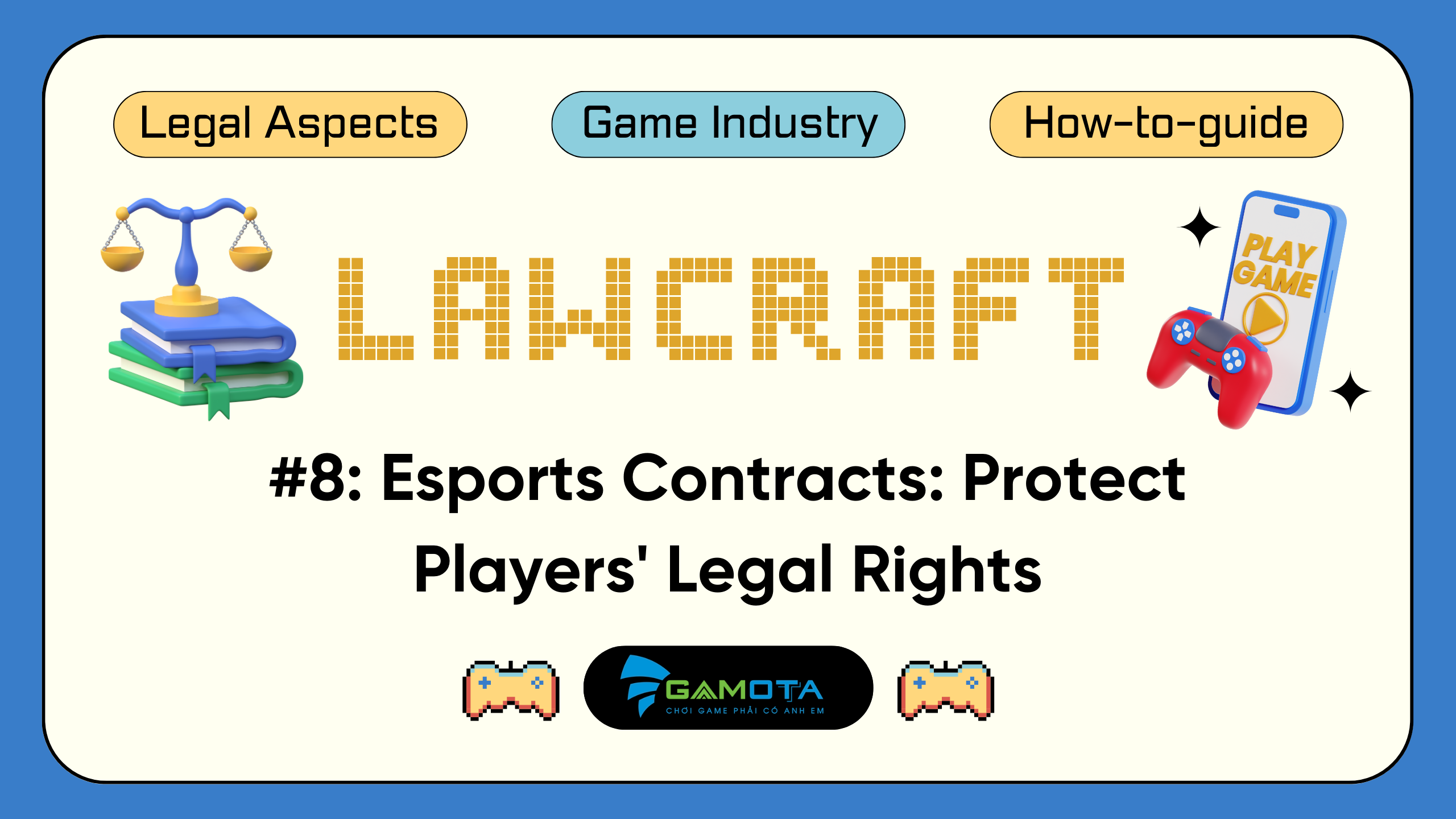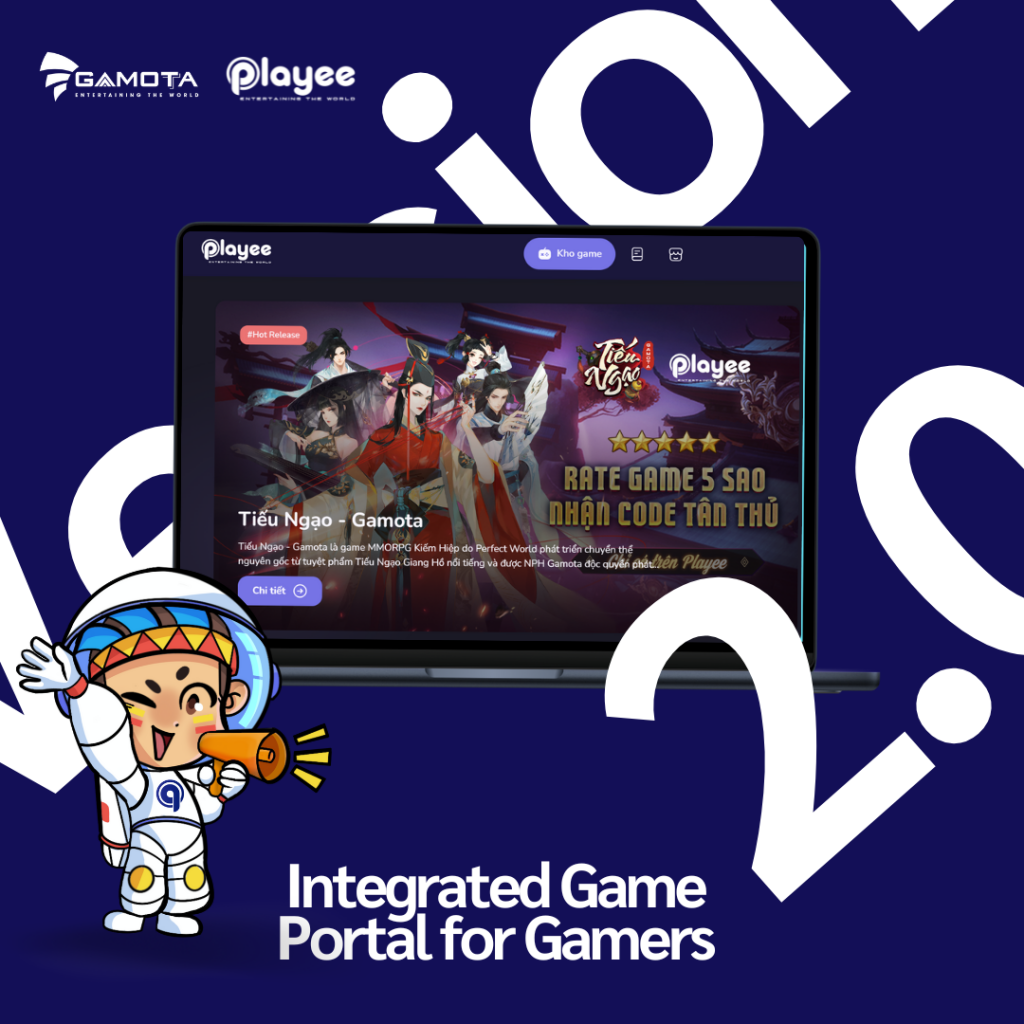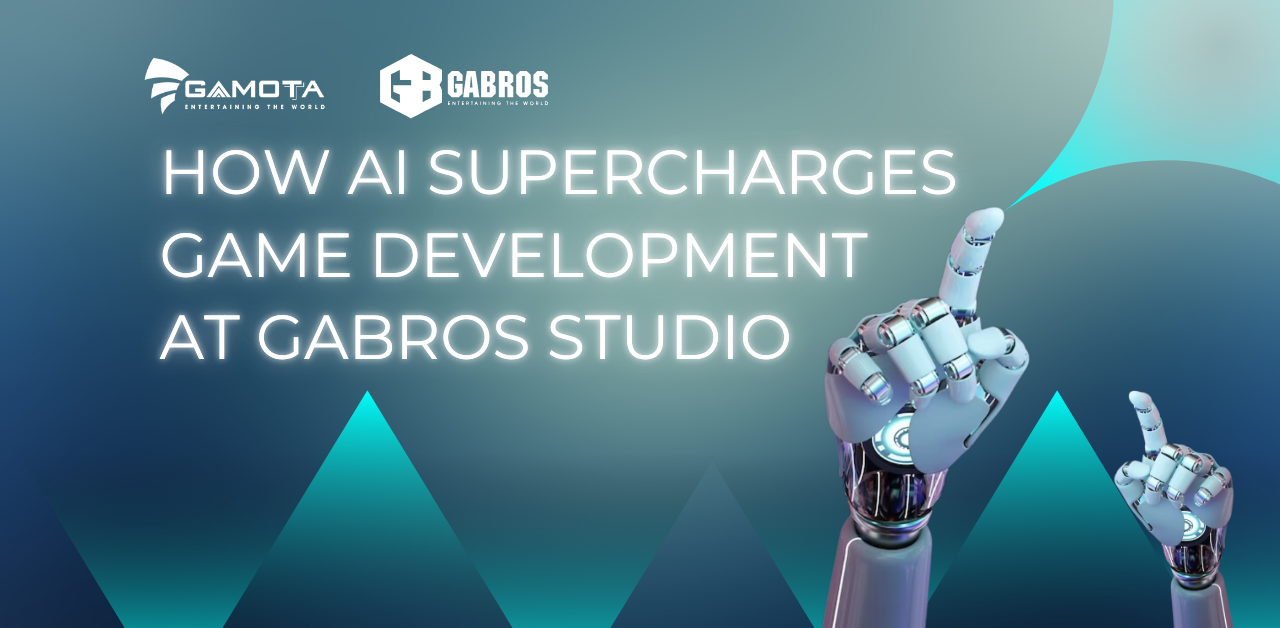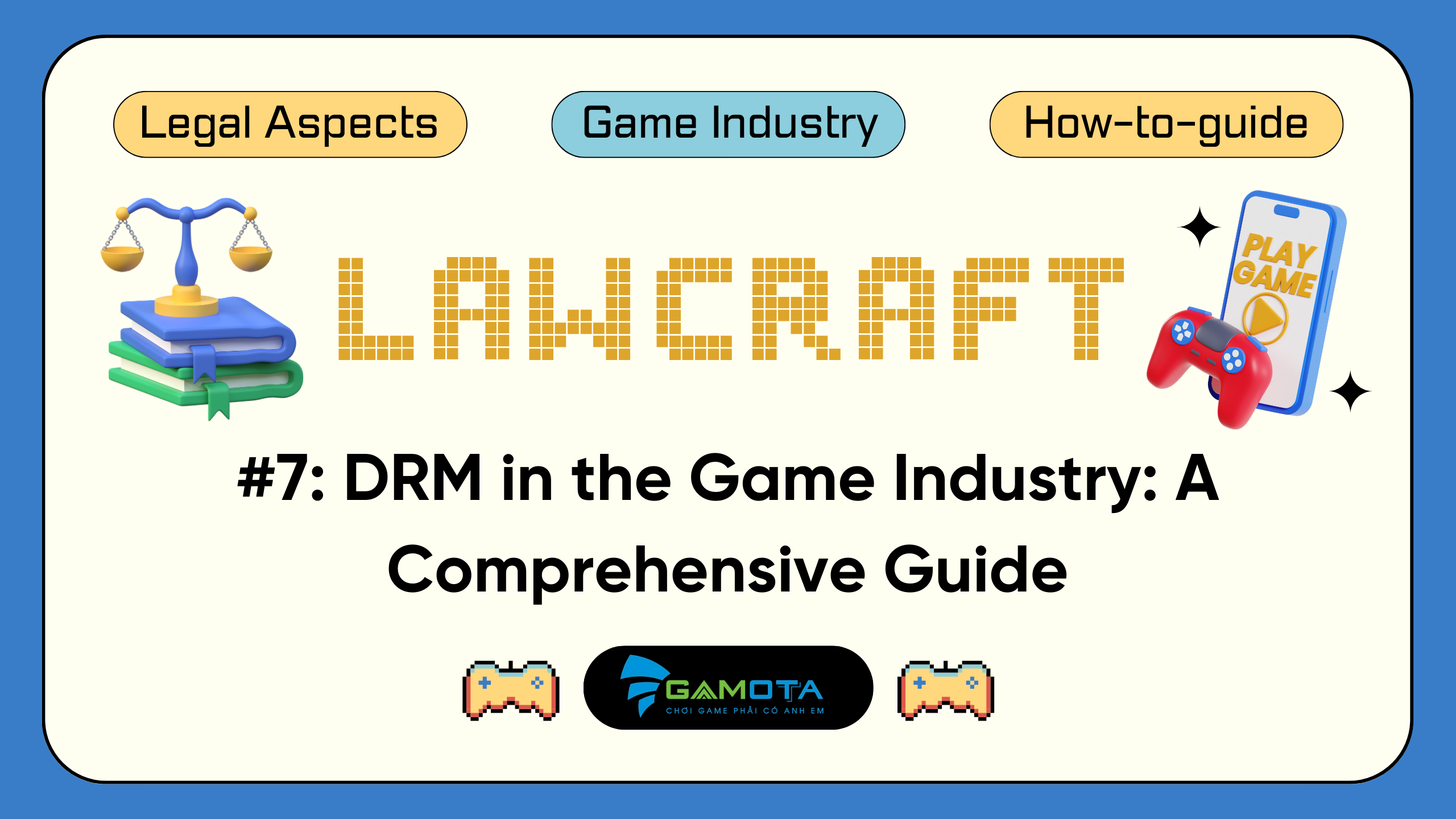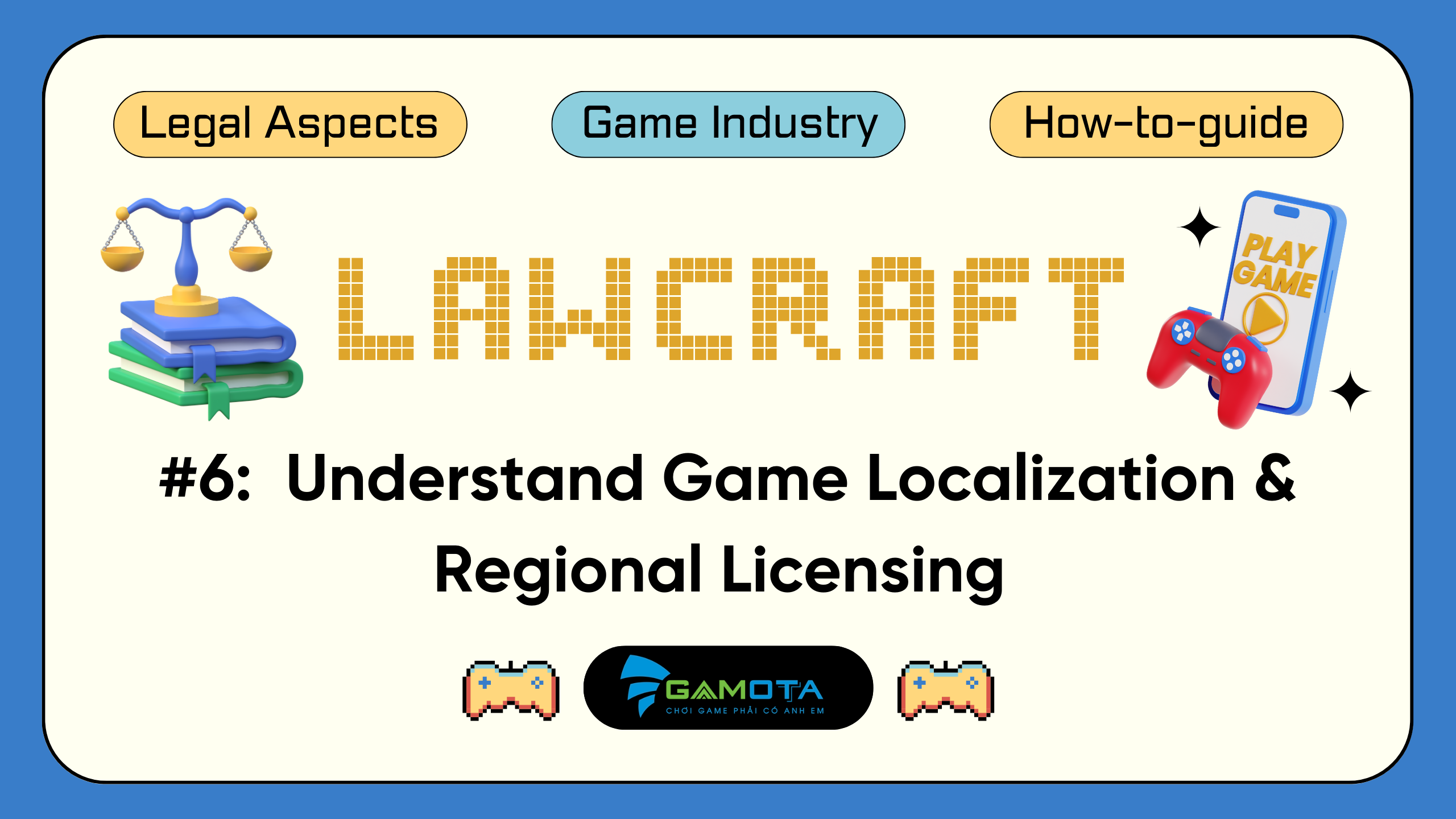Esports contracts have come a long way from their early days as relatively informal agreements. As the industry has grown, these contracts have become increasingly complex and comprehensive, reflecting the growth of the esports ecosystem.
But don’t worry. In this blog, we will explore everything you need to know about esports player contracts, including key clauses, legal rights, and navigating the agreement process. Whether you’re a seasoned pro or a potential newcomer, this guide will provide valuable information to help you confidently navigate through esports contracts.
Disclaimer: You should take note that we are not legal consultants or counselors. However, we are an enterprise that has dealt with so much paperwork, and legal documents to bring the best entertainment experience tailored to our customers. We are delivering messages based on our work ethics, experience, and of course, objective standpoint accumulated from ups and downs. Therefore, keep this article as a checklist for a piece of mind. Okay, now let’s get started
What is Esports Contracts
Today, esports contracts encompass not only the financial aspects but also the personal and professional obligations of both players and teams. These obligations often include participation in training sessions and promotional activities, and maintaining a certain level of behavior, both in-game and in the public eye. They are, first and foremost, legal documents. They are binding agreements that outline the rights and responsibilities of each party involved. This legal aspect is particularly important in an industry where significant sums of money are at stake, and where players, teams, and organizations need to protect their interests.
Read More on Esports – a Goldmine of the Vietnam Game Industry
These contracts may also include clauses related to dispute resolution, governing law, and jurisdiction. Understanding these legalities is vital for all parties to ensure a fair and smooth relationship.

Key Clauses in Esports Player Contracts
When it comes to esports player contracts, there are several key clauses that both parties need to pay attention to. One of the most important is compensation and benefits, which should be clearly outlined in the contract. This includes payment terms, bonuses, and any other perks that are part of the agreed-upon compensation package.
Another important clause is player obligations, which explain the specific responsibilities that the player is expected to fulfill while under contract. These may include playing a certain number of hours per week, attending events or promotional opportunities, and following any team or sponsor guidelines. Team obligations are also an essential part of the contract, as this outlines the responsibilities that the team has to the player, such as providing a certain amount of practice time, resources, and opportunities for growth and development.
Finally, term and termination are important clauses that need to be carefully considered. This includes the length of the contract, any renewal options, and the conditions under which either party can terminate the agreement. Both parties need to understand these clauses to ensure a fair and mutually beneficial agreement.
Financial Aspects in Detail
The financial side of esports contracts is perhaps the most scrutinized aspect. Players can earn income through various means:
- Salaries: Many professional players receive regular salaries, providing financial stability regardless of tournament outcomes.
- Prize Money: This is the share of tournament winnings. It’s often structured so that players receive a percentage of the winnings, with the rest going to the team or organization.
- Revenue Sharing: Some contracts include provisions for sharing revenue generated from merchandise sales, streaming, or sponsorships. This can be a significant source of income, especially for top-tier players.
- Bonuses: Bonuses are often tied to performance metrics, such as winning specific tournaments or achieving certain milestones.
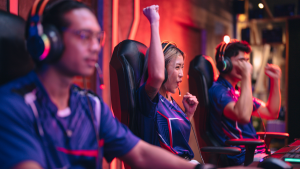
The Influence of Sponsorship and Streaming
Esports contracts often extend beyond the gaming arena. They frequently include provisions related to sponsorship and streaming rights. For players, this means not only representing their team in competitions but also in promotional activities and content creation.
Sponsorship deals can significantly boost a player’s income, and understanding the terms and conditions of these agreements is crucial. Additionally, as game streaming platforms, like Twitch, HitBox, and Beam,… have become a major part of the esports landscape, players’ rights to their streams and content are also outlined in these contracts.
The Financial Potential of Esports Contracts
The financial potential of esports contracts can be staggering. Top players can command multi-million-dollar deals, including salaries, bonuses, and a share of the team’s earnings. For example, League of Legends and Dota 2 tournaments have offered prize pools exceeding $30 million. Understanding the intricacies of contracts is essential for players looking to maximize their earnings in this rapidly growing industry.

Legal Rights and Protection
When signing an esports player contract, legal rights and protection should be a top consideration. Contractual agreement laws govern the terms and conditions of the contract, while dispute resolution outlines the process for resolving any conflicts that may arise.
Intellectual Property Protection is Important for Gamers
Esports players need to understand the intellectual property rights outlined in their contracts. These rights specify who owns the intellectual property associated with the player’s image and gameplay. Players who are unaware of these rights can find themselves in legal trouble down the line. Players and teams need to ensure that their logos, in-game personas, and other assets are safeguarded. This protection extends to merchandise sales, licensing deals, and any other commercial use of a player’s image or brand

The Benefits of Player Unionization
Player unionization is an emerging trend in esports and can provide a collective bargaining platform for players. By banding together, players can negotiate better compensation, benefits, and working conditions. However, the concept is still relatively new and player unions are few and far between. When navigating esports player contracts, players should consult with a lawyer to ensure they understand the terms and their legal rights. It’s also important to document everything so that the details of the agreement are clear and can be easily accessed if needed.
Understand the Risk Involved in Esports Contracts
Finally, players need to understand the risks involved in signing a contract and negotiate for fair terms. This will help protect them in case of any disputes that might arise. Some risks are:
- Unfair terms: Without unions, esports players may be at a disadvantage when negotiating their terms with organizations. In many cases, they have little option but to accept the terms offered to them.
- Missed opportunities: Players may miss out on opportunities if their contract does not allow them to participate in certain events or work with certain sponsors.
- Personal injury: Esports players are at risk of personal injury, such as repetitive strain injuries, which can impact their ability to perform and earn a living
- Technology breakdown: Equipment breakdown can cause delays or cancellations of events, which can impact players’ earnings
- Legal issues: Esports contracts can involve potential legal issues, such as gambling controversies, regulations and governance, IP protection, investment issues, visa issues, and streaming rights

A Little Advice from Gamota
Navigating Esports Player Contracts can be a minefield, but by following some basic guidelines, you can protect yourself and ensure that your rights are being respected.
- It’s always advisable to consult with a lawyer before entering into any contractual agreement. They can help you understand the terms and conditions and identify any problematic clauses.
- It’s also important to negotiate for fair terms. Don’t be afraid to push back if something doesn’t seem right or fair. Remember that you have rights, and it’s in everyone’s interest to create a mutually beneficial agreement. However, ensure that you understand the risks before signing anything.
- Document everything. Keep all correspondence, agreements, and paperwork in a safe place for future reference. It can be easy to forget details or misunderstandings, so having all the recorded information can be a lifesaver.
In conclusion, navigating Esports Player Contracts doesn’t have to be daunting. Consult with a lawyer, negotiate for fair terms, understand the risks, and document everything. By following these guidelines, you can protect yourself and ensure that your esports career is on the right track.
CONTACT US NOW to get more info and advice, or Subscribe down below if you’re interested in our weekly newsletter


